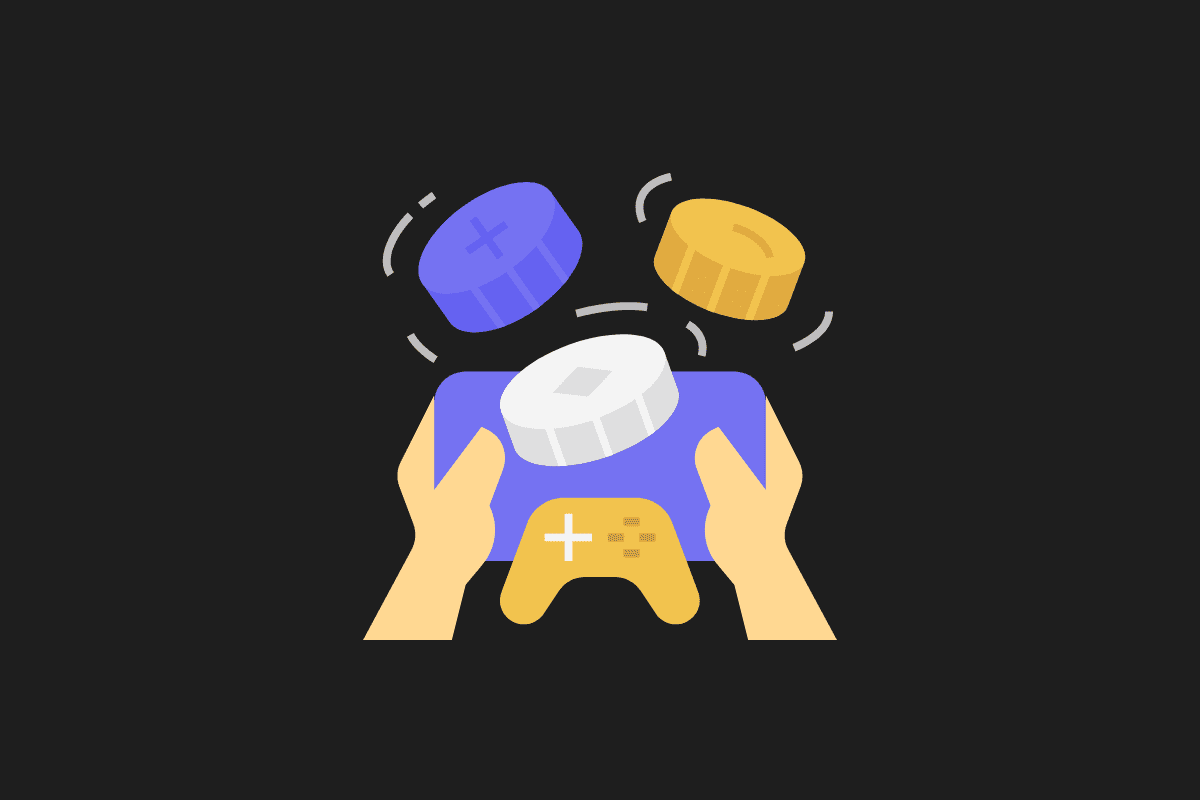GameFi projects, which have disrupted the traditional gaming industry, are instigating a significant transformation with the momentum they’ve gained. These projects, operating under the “play and win” model and utilizing blockchain technology such as NFTs, enable earnings through online games, in-app purchases, and advertisements.
Bybit, a cryptocurrency platform, delved into the concept of GameFi and the opportunities it presents, highlighting noteworthy GameFi projects in their research titled “A Promising Industry: GameFi.” Here are key points to understand about GameFi:
GameFi, derived from the fusion of “Game” and “Finance,” aims to empower participants to generate financial gains while engaging in gaming activities. This concept also involves the gamification of various systems to generate financial returns within the crypto industry.
Within GameFi projects, digital assets such as avatars, terrains, costumes, weapons, gold, and pets are represented as NFTs within the games. This incorporation allows players to convert their in-game earnings into NFTs or cryptocurrencies, enabling them to profit from their gaming activities.
Additionally, GameFi projects often integrate DeFi concepts like staking and liquidity mining, providing alternative avenues for participants to earn passive income.
GameFi video game projects are actively leveraging blockchain and distributed ledger technologies to enable gamers to purchase virtual assets within the gaming environment. Notable examples of early GameFi implementations include Minecraft servers integrated with Bitcoin, online games like Gambit.com and Bombermine, as well as platforms where players can translate their in-game actions into income.
One of the standout success stories in the GameFi realm is Axie Infinity, which not only became one of the most successful projects but also surpassed $1 billion in token sales in 2021. The game attracted over a million participants in a single day, showcasing the widespread interest in this new gaming and financial paradigm.
Several other GameFi projects have gained traction, such as CropBytes, a crypto-based business and strategy game included in the Launchpool of an international stock exchange for new crypto projects. Additionally, projects from renowned game producer Ubisoft, the MOBOX platform, and CryptoZoon, inspired by the Pokemon story, have emerged as popular GameFi initiatives.
Prominent GameFi projects in development with significant profit potential include Star Atlas, Ember Sword, Guild of Guardians, The Sandbox, and Dr. Who: Worlds Apart. Globally, ApeCoin (APE), Immutable X (IMX), and UFO Gaming (UFO) are among the most successful GameFi projects, showcasing the growing influence of this innovative intersection between gaming and finance.
GameFi games seem to be advancing to a more sophisticated level when compared to existing online games. The integration of blockchain and NFT technologies in these games provides crucial insights into the future of the gaming industry.
The play-to-win mechanism has emerged as a central element that is likely to enhance the popularity of cryptocurrencies. As a result, there is a prediction that GameFi and NFTs will serve as the convergence point for DeFi technology, bringing together the worlds of gaming and decentralized finance in a synergistic manner.
